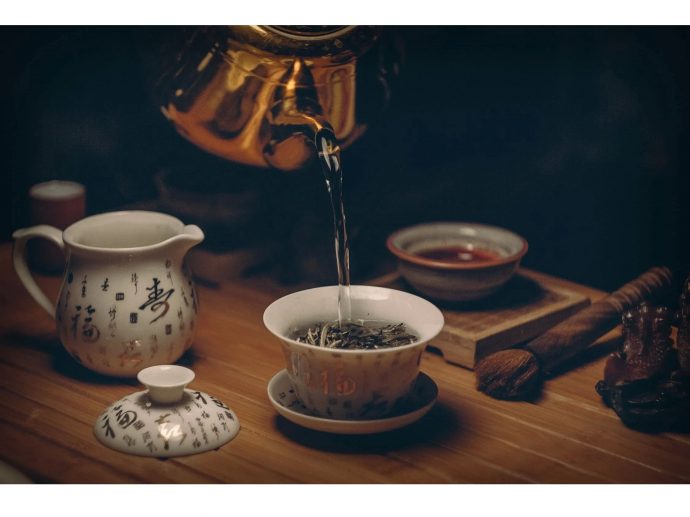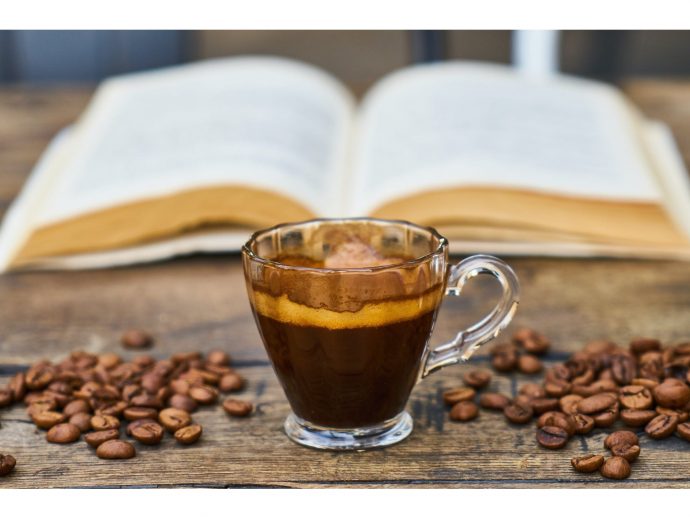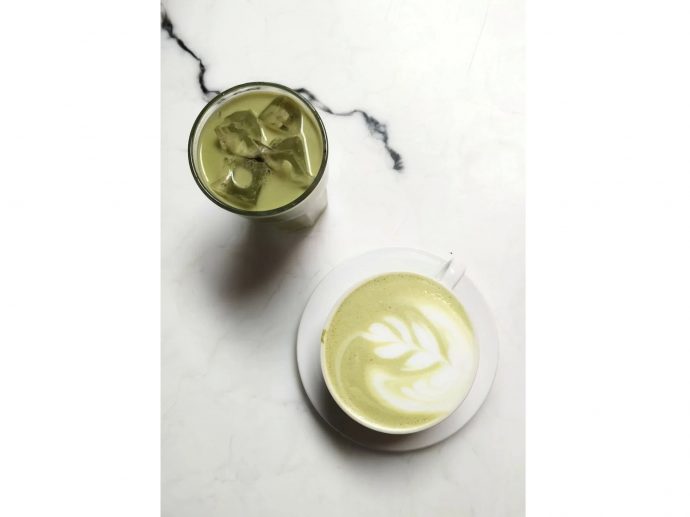Categories more
- Adventures (17)
- Arts / Collectables (15)
- Automotive (37)
- Aviation (11)
- Bath, Body, & Health (77)
- Children (6)
- Cigars / Spirits (32)
- Cuisine (16)
- Design/Architecture (22)
- Electronics (13)
- Entertainment (4)
- Event Planning (5)
- Fashion (46)
- Finance (9)
- Gifts / Misc (6)
- Home Decor (45)
- Jewelry (41)
- Pets (3)
- Philanthropy (1)
- Real Estate (16)
- Services (23)
- Sports / Golf (14)
- Vacation / Travel (60)
- Watches / Pens (15)
- Wines / Vines (24)
- Yachting / Boating (17)
Natural Alternatives to Coffee: Taking Back Your Mornings One Step at a Time
Published
04/14/2022We all love our morning cup of coffee. What better way to wake up and start your day than smelling the scent of brewing coffee beans, then preparing a cup of coffee just the way you like it, and then settling in with your warm (or iced) beverage? Having a morning cup of coffee is routine for many Americans—actually an estimated fifty percent of them. Men, women, and even children have reported they are equally as obsessed with the beverage, be it in black coffee form, or some fancier alternative like a latte, cold brew, cappuccino, or frappuccino.
How Do People Drink Their Coffee in 2022?
The love of coffee has continued down the line from the older generations to the younger ones: 74 percent of adults aged 55 and over, 48 percent of young adults ages 18-24, and 83 percent of teenagers in America drink coffee regularly. However, the younger generations are changing how they consume the beverage. While many people in the older age ranges drink their coffee without frills, millennials and teenagers generally prefer specialty coffee drinks like those at coffee shops, and gourmet beans for their home brewing.
Regardless of how their coffee is prepared, the obsession over the liquid is as strong as ever. People value their coffee for a number of reasons, including the way it satisfies a daily routine, the energy it provides, and the comforting taste and/or smell. Drinking coffee is almost like a rite of passage in North American culture, as though you enter a club of other tired but passionate and dedicated adults once you start the habit.
Yet, the younger generations in particular are starting to feel concern about whether coffee is actually good for them.
The Potential Risks of Drinking Coffee
Yes, coffee drinking is a habit. But it also has negative risks associated with consuming too much of the beverage. Coffee can affect sleep patterns and lead to restlessness when you drink too much of it (even if it’s consumed earlier in the day); it can cause feelings of overwhelm and stress (the coffee jitters are real); it can cause an upset stomach or digestive discomfort due to it being a diuretic; and it can quickly lead to addiction where withdrawal symptoms are similar to those experienced when weaning off other addictive substances like drugs or alcohol!
Maybe It’s Time To Switch to a Natural Coffee Alternative
For these reasons, and more, people are starting to become aware that their daily coffee habits may be doing more harm than good. If you worry about your coffee drinking ritual but don’t want to give up your calm moments of sipping a tasty beverage in the morning or throughout the day, we have good news! Fortunately for all of us, there are natural alternatives to a cup of coffee that don’t come with the health risks.
Great Coffee Alternatives
Mud Wtr
You’ve probably heard of some pretty unique blends of coffee and flavors (orange flavored coffee has been popular lately) but have you heard of mushrooms fitting into the beverage realm? Mud Wtr is a popular coffee alternative that is organic, sugar free, energizing, and contains 1/7th the amount of caffeine. Along with potent mushroom powders, it consists of spices, herbs, and tea powder.
You can find mud wtr reviews so you know exactly what to expect when you switch over.
Green Tea or Matcha
Matcha and green tea are definitely acquired tastes, but so is coffee! If you originally weren’t a fan of coffee’s taste and smell but are now a daily drinker, you can get there with this tea alternative too.
Matcha contains significantly less caffeine than coffee but it is still touted as a fantastic energizer to help you power through the day while still feeling good. Green tea derives from matcha but is a less concentrated form of the ingredient. Green tea is steeped from tea bags while matcha powder is whisked, so the latter is foamier and fuller on the palette.
Chai Tea
Another caffeinated drink that won’t provide the jitters, chai tea is a blend of strong and flavorful spices that offer a unique taste. And unlike coffee, chai is believed to support healthy digestion while it boosts your energy levels. If you're watching your sugar intake, however, you might wonder how much sugar is in sweet tea, as it can vary widely depending on how it's prepared and whether additional sweeteners are added.
Decaffeinated Coffee
For those of you who simply cannot comprehend the idea of abandoning your beloved coffee, this alternative option is for you. Since many of coffee’s risky side effects can be attributed to the caffeine content, decaffeinated coffee might be enough of a change for you to feel better about your coffee habit but not give it up entirely.
Takeaway
There are solutions to your concern over your coffee habit, and they’re all pleasant and delicious options. If you make the switch from coffee to a natural alternative, you’ll start to feel better knowing you’ve ditched the health concerns attached to coffee but still get to maintain your sense of routine. We promise that switching to a natural coffee alternative is one of the best ways to claim your mornings for yourself and your health.

















